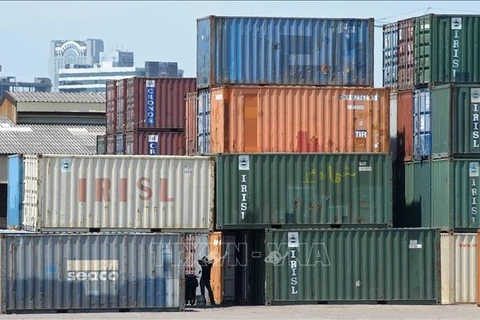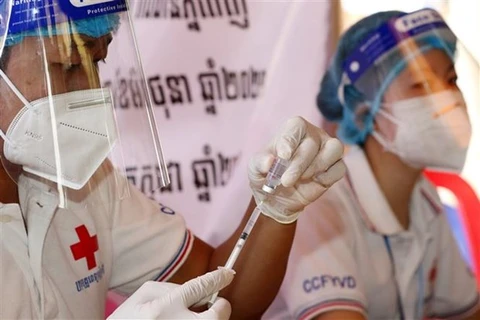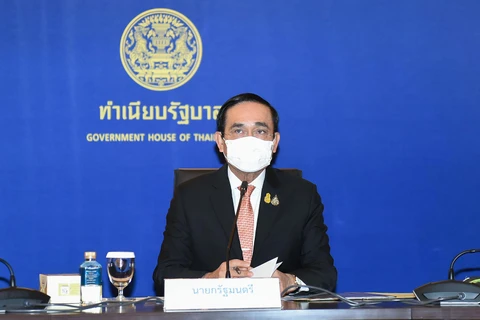Hanoi (VNA) - Japan’s Toyota Motor Corp. has suspended operations at all its three plants in Thailand through July 28 due to a shortage of parts, as the latest COVID-19 outbreak has forced an auto parts plant in the country to shut down, Kyodo News reported.
The three Toyota plants in Thailand, which are located in the suburbs of Bangkok and have a combined output capacity of 760,000 units per year, serve as key production bases for the Japanese carmaker in Southeast Asia.
Toyota has yet to decide whether operations at the three plants will resume on July 29. It will take into account the COVID-19 infection rates in the area when determining whether to resume operations or extend the suspension further, its officials said.
The automaker also announced that it will suspend part of the production at its affiliate's plant in central Japan for a total of five days in late July and early August "due to a parts shortage resulting from the spread of COVID-19 in Southeast Asia."
The rise of COVID-19 infections in Southeast Asian nations could affect other Japanese automakers that have local production lines or import auto parts from the region./.
























